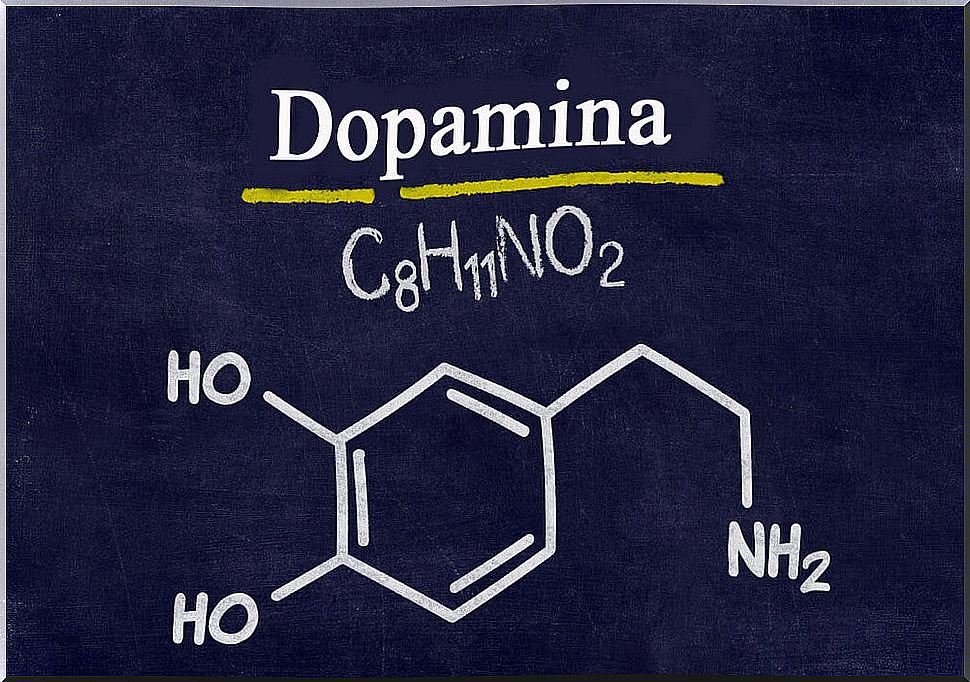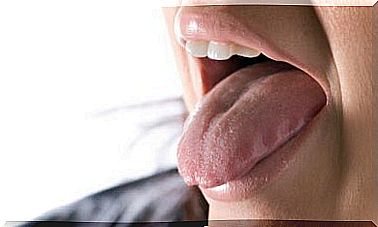Nicotine Use Disorders
Nicotine use disorders can occur with the use of any form of tobacco. Both cigarettes, gum, powder, grass, pipe or cigars, as well as nicotine patches.
As we already know, the consumption of nicotine is highly detrimental to our health and to the health of the people around us. This substance has existed for a long time and even not long ago consuming it was considered a distinguished and refined custom.
Fortunately, some governments and international organizations such as the WHO have taken steps to eradicate tobacco use, which is the most common way to consume nicotine.
What is nicotine?

Nicotine is an organic compound named from the tobacco plant Nicotina tabacum . It is mainly concentrated in the leaves of this plant. However, certain amounts of nicotine can also be found in the seeds of the solanacea family, such as tomato or eggplant.
In low concentrations, nicotine is responsible for causing tobacco addiction. In addition, to produce stimulating effects. It is one of the most addictive psychoactive substances that exist.
This molecule is analogous to the neurotransmitter acetylcholine. Therefore, it is capable of interacting with the nicotinic cholinergic receptors found on neurons.
This interaction causes a significant increase in the concentration of dopamine. This is an important neurotransmitter for motor and nerve function in the body.
At first, neurons increase the number of nicotine receptors, thus increasing the secretion of dopamine. However, over time, neurons react less immediately to nicotine.
As a consequence, the needs to ingest larger amounts increase. This process occurs in the long term and is the explanation for nicotine addiction in people who consume it.
Nicotine use disorders
The ability of nicotine-containing products to produce dependence or induce withdrawal is a function of the speed of the route of administration (smoked, oral or transdermal).
In addition, the nicotine content of the product consumed. We can highlight three disorders due to nicotine consumption that appear more frequently. These are:
- Dependence
- Abstinence
- Nicotine-related disorder, unspecified: reserved for those nicotine use disorders that cannot be classified as dependence or withdrawal
Nicotine dependence
Nicotine dependence is a disorder that is defined as addiction to the substance so that you cannot stop using it, regardless of the damage it may be causing you.
Nicotine produces both physical and mental effects that are temporarily pleasant. These are the ones that produce addiction and dependence on this substance.
Consuming any amount of nicotine can quickly lead to a dependency on this substance. Among the most characteristic symptoms of dependence we find:
- Not being able to stop using it.
- When you try to stop using it, withdrawal symptoms appear.
- Social or recreational activities are abandoned in order to smoke.
Abstinence

Nicotine has an addictive potency similar to that of alcohol, cocaine, and morphine. Almost everyone who has tried to quit using nicotine experiences withdrawal symptoms in some way. Among its symptoms are:
- Anxiety
- Irritability
- Headache
- Increased appetite and, as a consequence, weight gain
- Craving nicotine
- Tension, restlessness, frustration, and impatience
- Difficult to focus
- Drowsiness
The people who suffer the most from withdrawal symptoms are those who have consumed the most and have consumed it for the longest time. These symptoms are triggered when a person who is dependent on nicotine suddenly stops using it or decreases its use.
Complications of nicotine withdrawal usually begin within 2 to 3 hours after the last dose. In addition, they reach their maximum peak after two or three days.
Keep in mind that there are certain strategies to treat withdrawal and, over time, dependence. Among these strategies, nicotine supplements are usually the most effective. These supplements can come as a chew, inhaler, nasal spray, or patch.
All of them work if they are used properly and the guidelines established by the professional are followed. So take the next step to kick this terrible habit with a doctor; in time you will feel better and free of nicotine.









